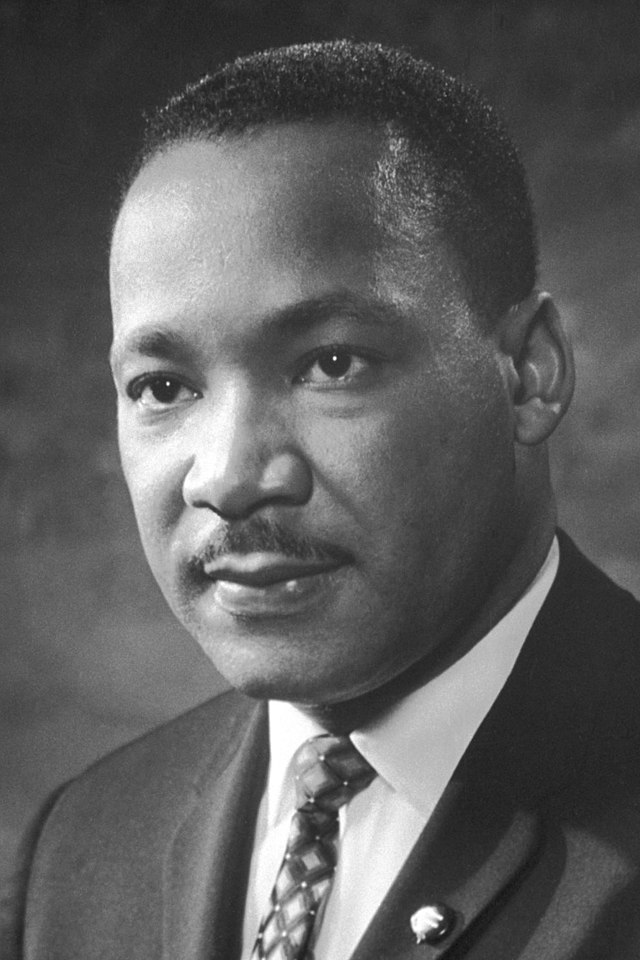
By Megan Sayles, AFRO Business Writer
Freeman Hrabowski’s first memory of Martin Luther King Jr. dates back to when he was 12 years old.
The former president of University of Maryland, Baltimore County (UMBC), was inspired into action after hearing the activist speak about the importance of children participating in protests, so the country could see that even the youth knew the difference between right and wrong.
King added that youth participation could also lead to Black children accessing better schools.
It was the first time that Hrabowski realized his life could be different than it had been, and he decided to march in the 1963 Birmingham Children’s Crusade.
Hrabowski, along with thousands of other young people, landed in jail that day alongside King for their courageous efforts. Before he could turn 18, the legendary activist would be shot dead.
“I really do believe that he understood that different times called for different approaches. We saw that as he was evolving and talking about economic challenges in our society and pulling in people–beyond young African Americans– to get people thinking about poor people and the ways in which we were all being mistreated as a society,” said Hrabowski. “My sense is that he appreciated the need for different methods in different situations.”
Hrabowski was just 17 years old when Martin Luther King Jr. was assassinated by James Earl Ray. At the time, he was pledging King’s fraternity, Alpha Phi Alpha, at Hampton University.
Hrabowski said the minister’s untimely death led him to perpetually contemplate his leadership.
Roland Martin, award-winning journalist and CEO of Black Star Network (BSN), was born several months after King was killed. His first encounter with the civil rights leader’s work was not in school, but through a series of books his parents purchased called the “Ebony Pictorial History of Black America.”
Martin said that in reading the various volumes he was able to grow up with a deeper understanding of King and the Black freedom movement.
“The first thing is we have to understand that Dr. King and those who stood with him are global,” said Martin. “Andrew Young tells me this all the time, he says, ‘Dr. King is not dead. He’s not physically with us, but Martin is being talked about somewhere in the world every single day.’”
Oftentimes today, Martin said people regard Martin Luther King Jr. Day as a holiday that solely celebrates King’s impact and life, but in reality, it serves as a way to honor everyone who fought for civil rights.
Though much of King’s work was focused on civil rights and equality, Hrabowski and Martin both touted King’s work in economic justice that took place during the final years of his life.
Just a day before his death, King traveled to Memphis, Tenn. and delivered his “I’ve Been to the Mountaintop” speech in support of the sanitation workers’ strike at Mason Temple. The speech was part of King’s larger Poor People’s Campaign, which was launched to highlight the need for economic equality–not just for African Americans–but the larger impoverished population.
“It was very clear when you think about his work; he had gone to Memphis thinking about union workers. Yes– Black people were suffering– but a lot of other poor people were too,” said Hrabowski. “There was something to be said about strength in numbers and not accepting the idea that poor people would be pitted against Black people, which is what others would want to do. He was bigger than that and understood the need to help people think through who is the one who’s oppressing us.”
Just as King saw that the poor would be pitted against the struggle for Black equality and freedom, he also saw that people would try to turn his message against that of Malcolm X and groups like the Black Panther Party, due to their differing opinions regarding nonviolence.
Martin said anyone who’s studied King would know that he never publicly debated or attacked the Black Panthers.
King’s resounding message was that we could all be better than we are, and today—whether it be voting rights, education or violent crime— that line still rings true, according to Hrabowski.
Without King’s exemplary leadership and legacy, Hrabowski said there would be no President Barack Obama and no Governor Wes Moore. He also doesn’t think he would have become president of UMBC without King.
“This is a time to be inspired by all those people who came before us and who had a way much harder than ours– [those] who did not give up hope and who kept saying it can be better for my children and their children,” said Hrabowski. “That’s the message of Dr. King to me.”


